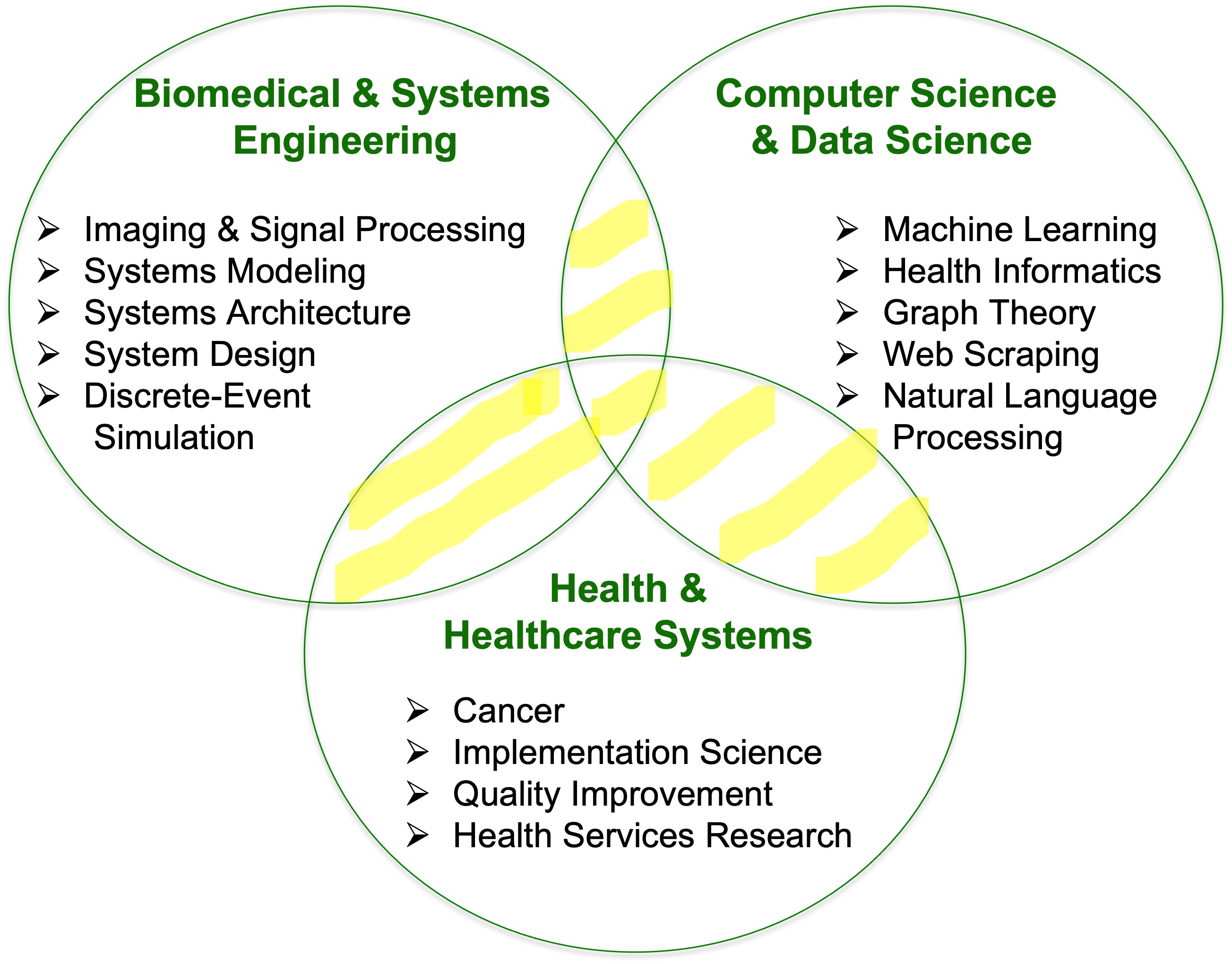PH 109: Systems Thinking
We live, work, and play embedded within physical, social, and cyber systems of systems. These systems can be natural, technical, or a combination. They can be simple or complex and can lead to predictable or unpredictable emergent system behavior such as poverty, health disparity, chronic disease, etc. Specialization in academics lends itself to reductionist thinking—breaking the problem into pieces and focuses on understanding the parts to understand the whole. Such a thinking paradigm has prevented us from solving some of the real-world challenges we face today—global warming, pandemics, etc. Solving real-world problems requires a view of the system or systems-of-systems to understand the whole to more precisely make changes that lead to intended system behaviors.
This course provides a hands-on introduction to systems thinking and modeling. We live, work, and play embedded within physical, social, and cyber systems of systems. Students will develop systems thinking skills as they model natural, technical and, socio-technical systems at various scales and scope, from the home to a national public health system. Topics include: Why do we need systems thinking?, what is a system?, types of systems, key system concepts, modeling the graphical architecture of a system, and a brief description of system tools.


